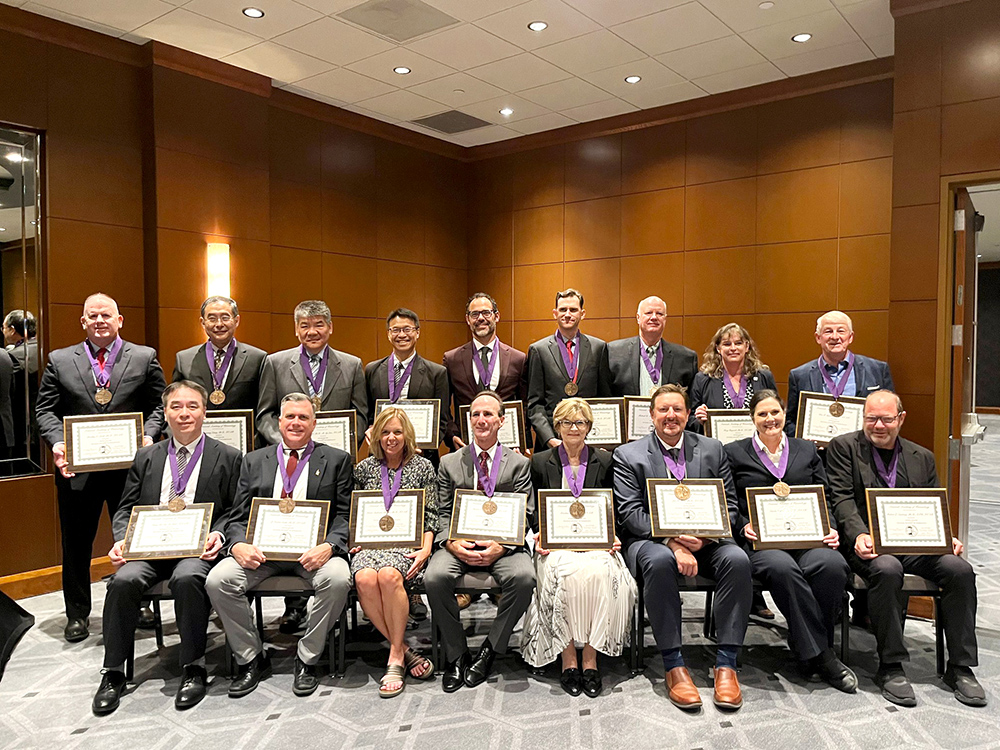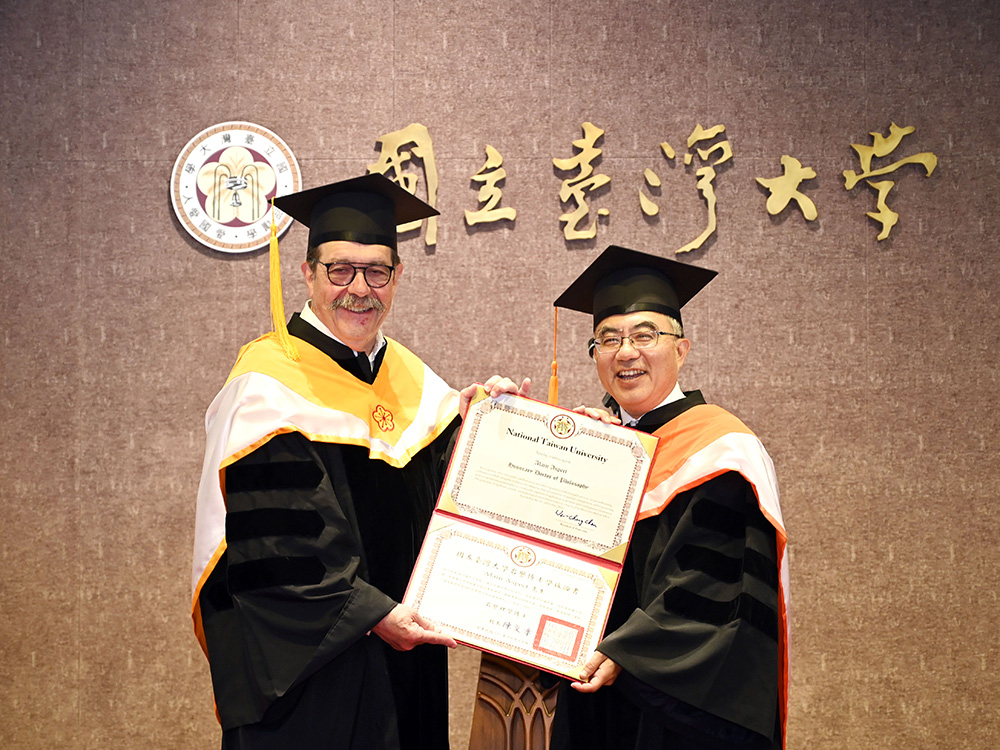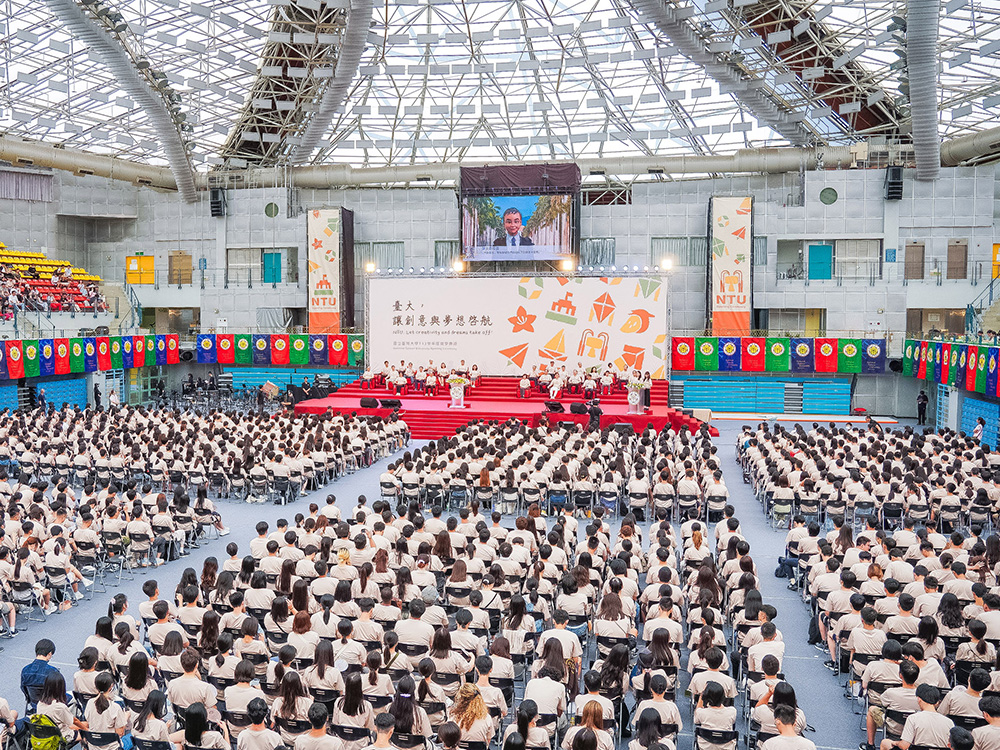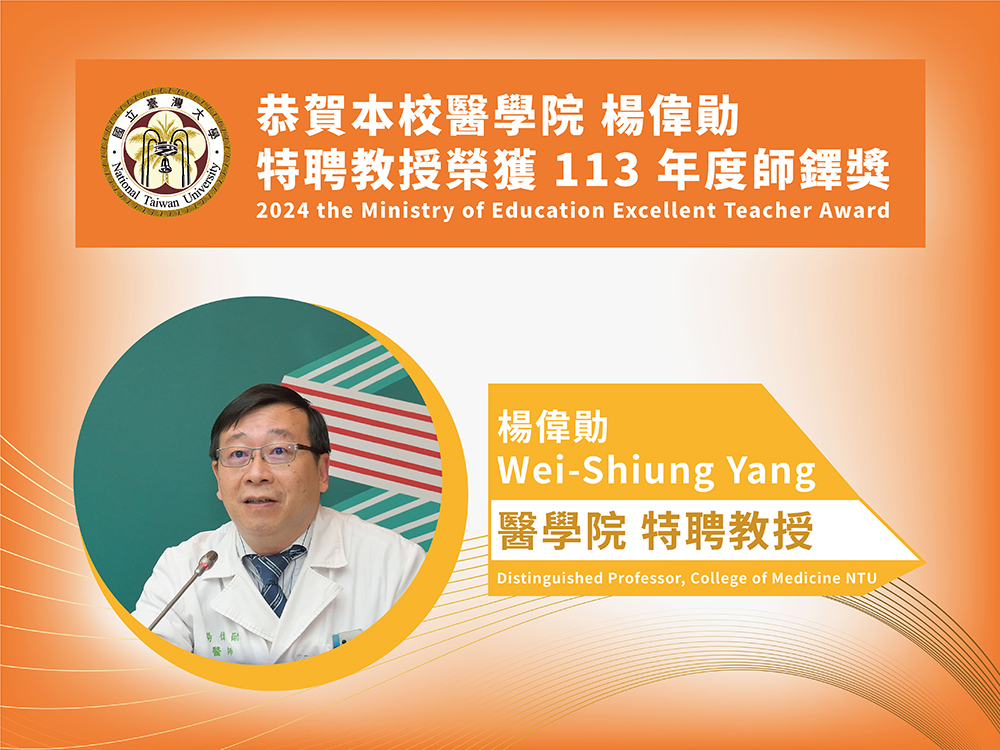
Prof. Tung-Wu Lu elected US National Academy of Kinesiology Fellow
瀏覽器版本過舊,或未開啟 javascript
請更新瀏覽器或啟用 javascript
Spotlights
26 Statements on Gastric Cancer Prevention Featured on Cover of Gut
Gastric cancer is the fifth most commonly occurring cancer, and the third leading cause of cancer death worldwide. The International Agency for Research on Cancer (IARC) estimates that due to a rising and population, the number of patients with gastric cancer will continue to increase in the next thirty years. Helicobacter pylori is known to be the leading cause of gastric cancer. However, there is a lack of worldwide guidelines to prevent gastric cancer through mass eradication of Helicobacter pylori infection.
With support from central and local governments, and in collaboration with an interdepartmental research team, the National Taiwan University Hospital undertook a long-term community screening and eradication program. After twenty years of dedication, the team’s efforts have proved fruitful: not only did the team proposed a solution for preventing gastric cancer, they also established a worldwide protocol. The research was featured on the cover of the 60th anniversary issue Gut in December.
Success in Outlying Islands Inform Empirical Basis for Preventing Gastric Cancer
The Matsu Islands had the highest incidence for gastric cancer in Taiwan. With support from the Lienchiang County government and the Ministry of Science and Technology (MOST, formerly known as the National Science Council), the NTU Hospital introduced a mass eradication program in 2004, leading to a decrease in the prevalence rate of H. pylori, from around 70% in 2004 to 10% in 2018. The incidence rate of gastric cancer also dropped by 53%, and the mortality rate has reduced by 25%. The threat posed by gastric cancer is expected to be eliminated by 2025 with further decreases in the mortality rate. The program is the first of its kind worldwide, and implemented over a period of 15 years. The results were also published on Gut, a leading international journal, forming the empirical basis for the protocol. Drawing from the success in the Matsu Islands, the research team also proposed more tailored regimens for gastric cancer prevention. For example, with support from the Health Promotion Administration, a “household screening program” was initiated in 2018 in rural areas, in order to raise the effectiveness of antibiotic treatments, and to prevent cross infection. In addition, with support from the Ministry of Health and Welfare, the team also introduced a “2-in-1 program” combining fecal occult blood tests and H. pylori stool antigens. This program effectively eradicates H. pylori, and also raises the effectiveness of gastric cancer prevention.
Global Consensus Meeting:Statements on Gastric Cancer Prevention
Although eradication therapy is effective in preventing gastric cancer, whether it leads to increased antibiotic resistance, disruption to the gut microbiota, and extragastric disorders remained to be investigated. For that reason, with support from the MOHW and the MOST, the NTU Hospital established the NTU Hospital Clinical Trial Center and the Taiwan Clinical Trial Consortium for Helicobacter and Gastrointestinal Diseases to conduct a series of clinical trials. Obtaining robust results from these trials, the two institutions hosted the 10th Asian Pacific Topic Conference (APTC) of the Asian Pacific Association of Gastroenterology (APAGE) on September 29 and 30, 2019 in Taipei. The theme of the conference was “Screening and Eradication of Helicobacter pylori for Gastric Cancer Prevention – Unresolved Problems”. In the event, top experts from the world drafted the 26 Statements on Gastric Cancer Prevention during the global consensus meeting, forming the basis of an international protocol. The statements were also published in the December 2020 issue of Gut, a leading international journal, and featured on the cover. With such publicity, the results from the consensus meeting were made available to the world. In addition, an international collaboration agreement was also reached in the capacity of the consensus meeting. The objective of this effort is to inform policies on eradicating H. pylori and preventing gastric cancer with more rigorous and comprehensive research evidence, in order to safeguard the health of all citizens.
Links to the full article texts:

Prof. Tung-Wu Lu elected US National Academy of Kinesiology Fellow

Nobel Laureate Alain Aspect awarded “NTU Honorary Doctorate” and “Raymond Soong Chair Professorship of Distinguished Research”

NTU Opening Ceremony: “Where Creativity and Dreams Take Flight”

Prof. Wei-Shiung Yang wins MOE National Excellent Teacher Award

NTU College of Public Health's Global Health Program Joins the Association of Schools of Public Health in the European Region
Current Spotlights

Prof. Tung-Wu Lu elected US National Academy of Kinesiology Fellow

Nobel Laureate Alain Aspect awarded “NTU Honorary Doctorate” and “Raymond Soong Chair Professorship of Distinguished Research”

NTU Opening Ceremony: “Where Creativity and Dreams Take Flight”

Prof. Wei-Shiung Yang wins MOE National Excellent Teacher Award

NTU College of Public Health's Global Health Program Joins the Association of Schools of Public Health in the European Region